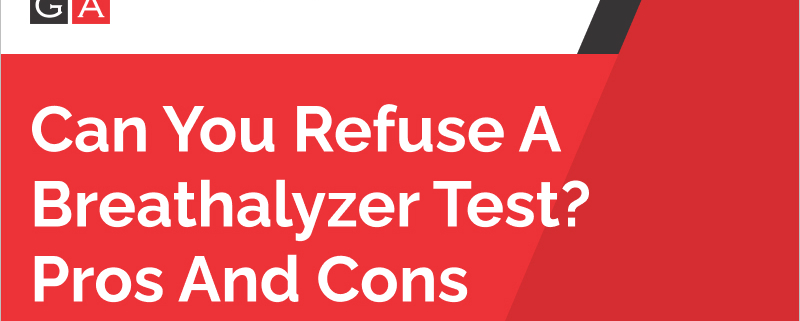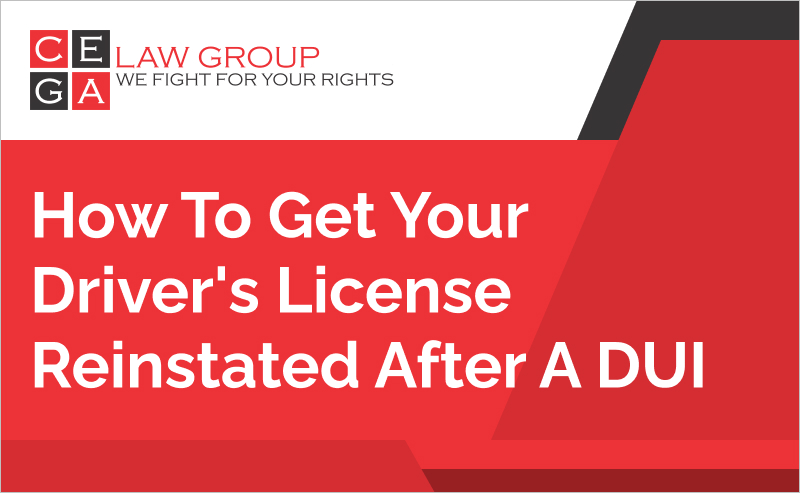
If you’re pulled over on suspicion of driving under the influence (DUI), one of the first things law enforcement may ask you to do is take a breathalyzer test. In Nevada, as in many other states, the decision to refuse a breath test is legally complex and carries both potential benefits and serious consequences. So, can you refuse a breathalyzer test? Yes. But should you? That depends on your situation. Let’s break down the pros and cons.
Nevada’s Implied Consent Law
First, it’s important to understand that Nevada operates under an implied consent law. This means that by driving on Nevada roads, you’ve already given your consent to submit to a breath, blood, or urine test if you’re lawfully arrested for DUI. While you can technically refuse a preliminary breath test (PBT) before arrest, refusing a chemical test after arrest can lead to serious penalties.
Pros of Refusing a Breathalyzer Test
1. Less Immediate Evidence for Prosecutors
If you refuse to take the test, prosecutors have one less piece of evidence to use against you in court. Without a breath test result showing a blood alcohol concentration (BAC) of 0.08% or higher, the state may have a harder time proving DUI, especially if your behavior or driving was borderline.
2. Avoid Giving Incriminating Results
If you know you are over the legal limit, refusing might prevent a high BAC result from being used against you. This could help your defense attorney negotiate a better plea deal or even argue for a case dismissal if other evidence is weak.
Cons of Refusing a Breathalyzer Test
1. Automatic License Suspension
In Nevada, refusing a post-arrest chemical test can lead to an automatic license suspension of one year for a first offense, even if you’re not convicted of DUI. A second refusal within seven years could result in a three-year suspension.
2. Police Can Still Get a Warrant
Even if you refuse the test, law enforcement can obtain a search warrant to take a blood sample. In some cases, this might involve forcibly drawing blood at a hospital or detention center, especially if you’re involved in an accident or suspected of serious impairment.
3. Refusal Can Be Used Against You
Prosecutors may argue that your refusal indicates “consciousness of guilt.” In other words, they may claim you declined the breathalyzer because you knew you were intoxicated and wanted to hide the evidence. Even though refusal is a legal right, the act of refusing can still be introduced in court and interpreted as an attempt to avoid incrimination.
Bottom Line
While you can legally refuse a breathalyzer test in Nevada, doing so comes with trade-offs. It may limit the state’s evidence, but it could also result in harsher administrative penalties and additional legal challenges. If you’re ever in this situation, the best course of action is to consult a DUI defense attorney as soon as possible. They can review the facts of your case and help you understand how your decision may affect the outcome.
 Call Now:
Call Now: info@cegalawgroup.com
info@cegalawgroup.com







